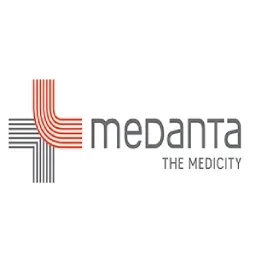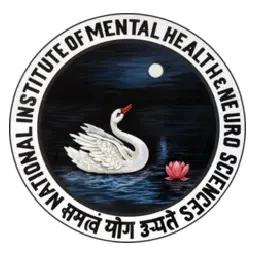The diploma course focuses on the methods, principles, and practices required to maintain high-quality sanitary conditions. It addresses topics such as physiology, nutrition, hygiene, pharmacology, disaster management and rehabilitation, healthcare, sanitation, and waste management. It is an interdisciplinary science that combines biology and fundamental medical procedures. After successfully completing the course, candidates will have a broad understanding of inspection, evaluation, sample collection, analysis, investigation, and interpretation of observations and outcomes. This course's seminars, lectures, case studies, and workshops help students improve their analytical thinking, research, decision-making, and analysis skills.
Need and Importance of a Health Inspector
A Diploma in Health Inspector provides individuals with the necessary skills and knowledge to ensure compliance with health legislation, promote public health, and contribute to the general well-being of communities through effective health inspection methods.
Health inspectors are in demand as job opportunities are available in government health departments, local governments, private businesses (e.g., hospitality, food processing), and health and safety consulting firms.


















